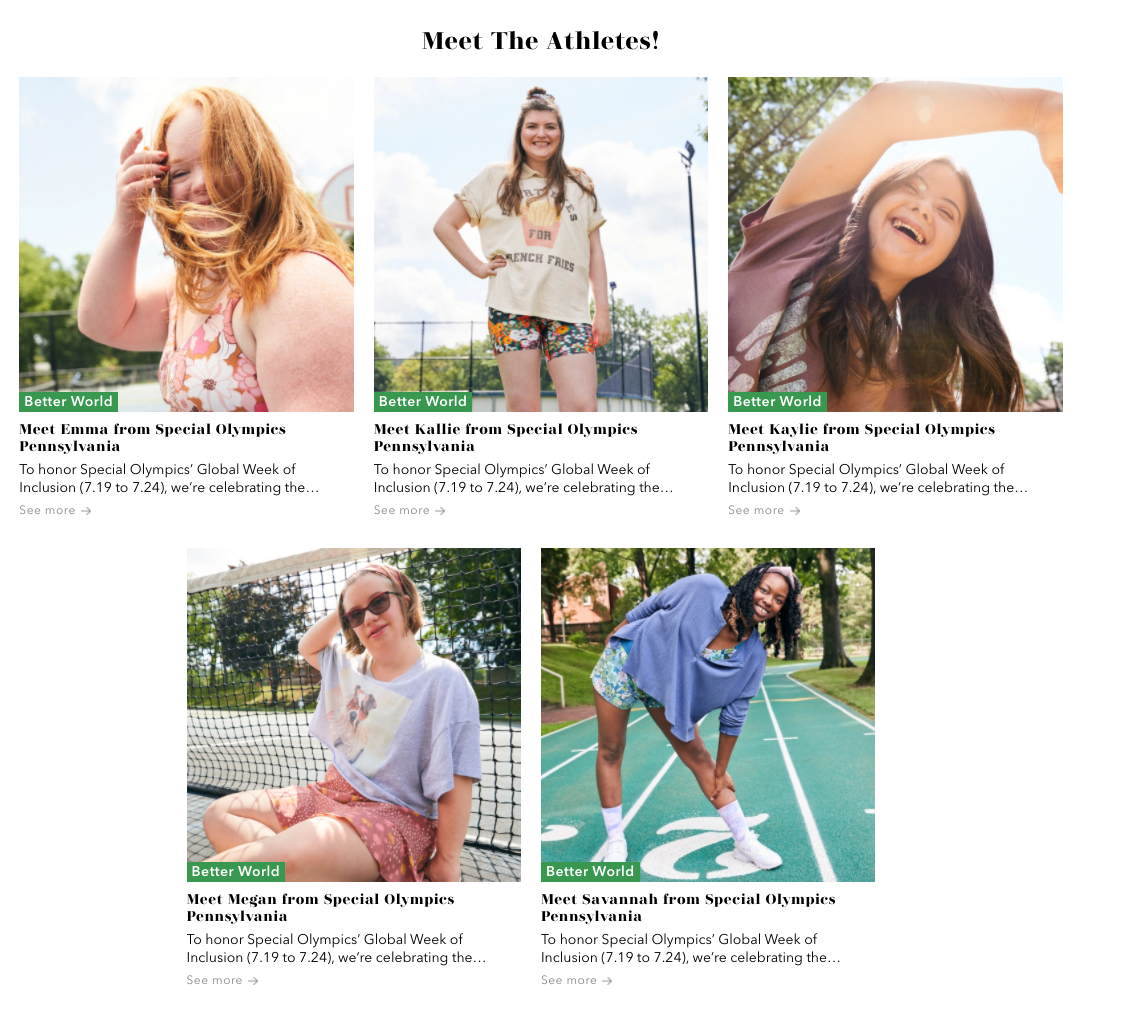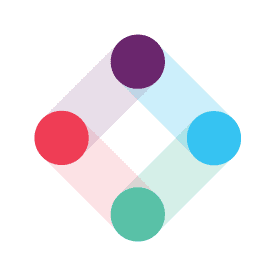Since the first Olympic Games were held in 1896, only three have been cancelled. On each of these occasions, the disruption was due to a war.
It comes as no surprise, then, that the postponement of the 2020 Olympic Games caused quite a stir, especially amongst brands, many of whom spent the previous two years planning Olympic ads, endorsements, and campaigns that were now on hold.
While exasperated by the delay, it would be impossible for brands to give up on the Games entirely. Watched by tens of millions of people around the world, the Olympics are one of the most anticipated events of the decade. They are a reaffirmation of our shared humanity—one of the few events (other than a global pandemic) that brings people together in shared experience, and a perfect place for brands to showcase their solidarity.
After more than a year of uncertainty and unrest, the Games have evolved from a stage of power and profit to a platform on which to celebrate differences and promote inclusivity. As such, they are a perfect place for brands to connect, authentically, with a captive global audience.
Putting People First
Having persevered through months of isolation and lockdown, consumers, like the Olympics, have changed. They are now focused less on consumption and more on quality of life and compassion, and prefer to shop with brands that share their values.
The shift in consumer sentiment—and the evolved vision of the games—is an opportunity for brands to shift their mindset. With the support of mission-driven Olympic onlookers, marketers have the power to make a difference by addressing systemic issues like sexism, racism, and ableism in their marketing.
Take it from Caroline Casey, a disability activist and founder of The Valuable 500, who shares, “Aside from the fact that [the Olympics] is an incredible moment for athletes, all athletes—Paralympic athletes or Olympic athletes—it’s a great moment for us to challenge the perceptions of inclusivity.”
With the Olympics in full swing, we reached out to our community to get their opinions on what brands are challenging the perceptions of inclusivity and bringing representation to the forefront of their marketing in an authentic way.
You don’t necessarily need a global event to be inclusive in your marketing—though that is a great space to take a stand on important issues—to be mission-driven and these brands are some of the best out there at showing how it’s done.
Brands that are Doing Inclusivity Right
Benefit Cosmetics
While there is still a ways to go with completely deconstructing the current standards of beauty, Benefit Cosmetics, a vintage-inspired American makeup brand, took a major step in the right direction by featuring Kate Grant—a model with Down Syndrome—in a major campaign.
In 2019 Kate became the face of Benefit’s Roller Liner, and the world’s first model with Down Syndrome. The message of inclusivity, communicated through Benefit’s feature of Kate, was a potent reminder that beauty campaigns can have a positive power, inspiring consumers to advocate for celebrating one’s self.
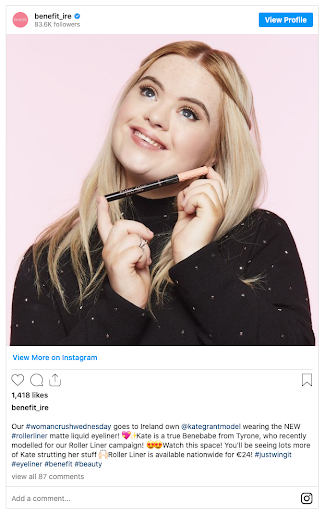

Kate Grant, the first model with Down Syndrome, was featured in a Benefit Cosmetics campaign. Source: People.
Kurt Geiger’s Contemporary Community
According to Forbes, around 15-20% of the UK’s population, which equates to 14 million people, has a visible or non-visible disability. However, disabled people make up only 0.01% of those featured in fashion and beauty advertising.
Inspired to change this statistic, footwear retailer Kurt Geiger launched a new marketing campaign—People Empowered—which creates a platform for individuals who have previously been underrepresented to share their stories, educating consumers about a wide range of disabilities through their email marketing.
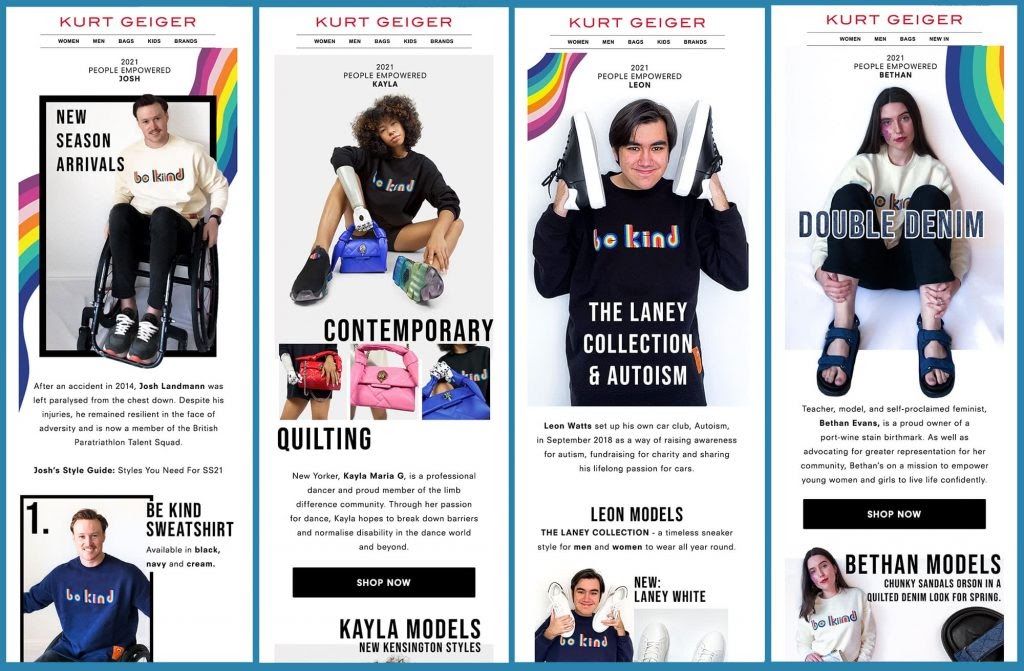

Kurt Geiger’s “People Empowered” campaign aims to bring underrepresented communities to the mainstream. Source: Milled.com.
Wildbird
Wildbird, an online baby apparel retailer, is committed to producing high quality products that enhance the relationship between parent and child. But they didn’t stop at developing some beautiful and functional slings, they created a community as well.
The Wildbird Instagram community is vibrant and unapologetic, showcasing mothers in all stages of motherhood. It’s a place for mothers to ask questions, get inspiration, and feel included. Inspired in part by the diversity of their community, the team at Wildbird started to incorporate inclusivity into their products and campaigns, offering inclusive babywearing options and displaying plus-size and disabled parents in their marketing materials.
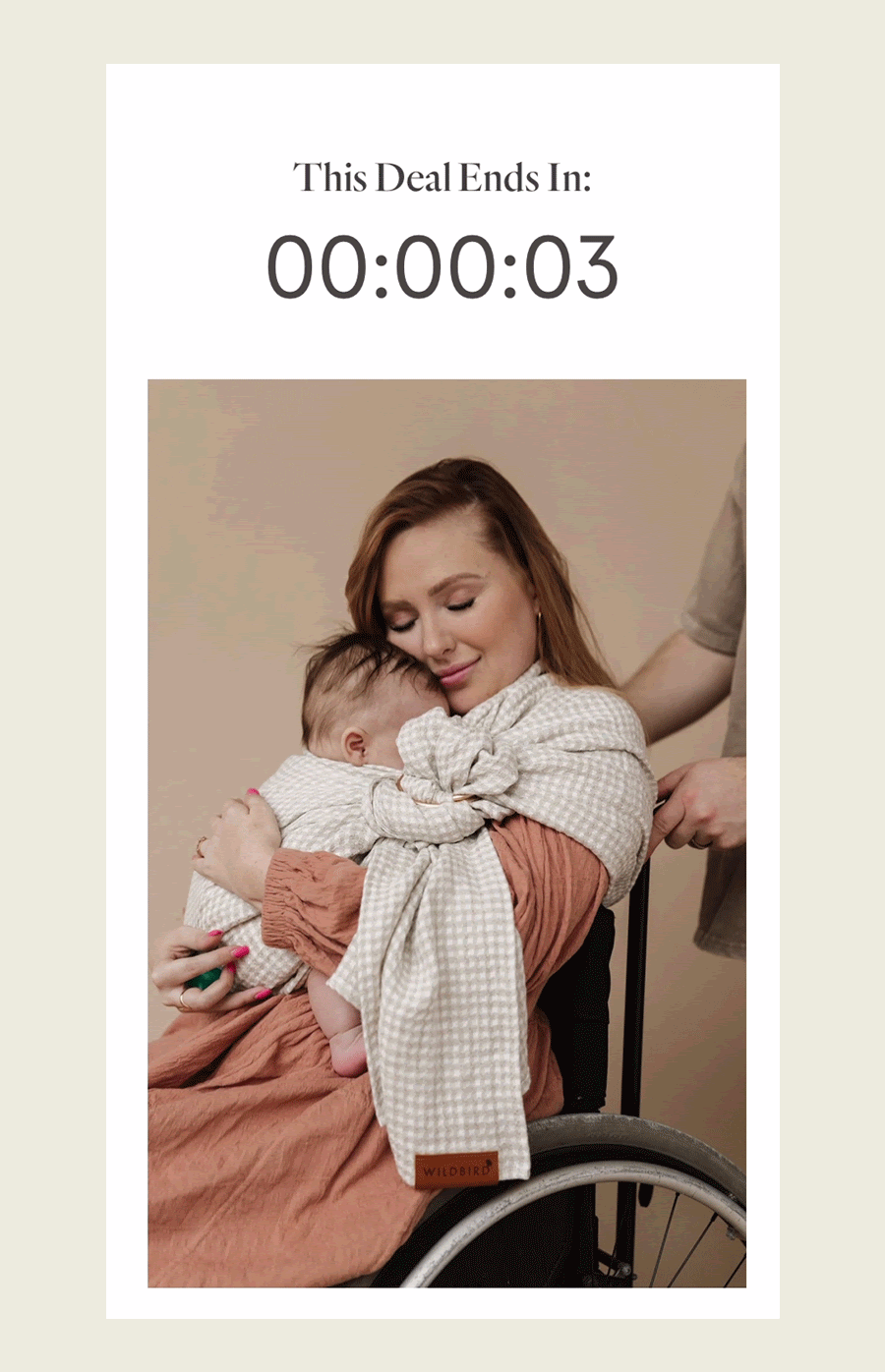

Not all parents are the same and Wildbird aimed to highlight and celebrate those differences. Source: Litmus.com.
Aerie
Six years ago, American Eagle’s loungewear and lingerie line, Aerie launches its first #AerieReal campaign. The campaign, which used models of all backgrounds, body types, and physical abilities (i.e. models with insulin pumps, etc.), was a bold commitment to stop editing pictures of its models. The mission of #AerieREAL is to promote body positivity and diversity, and push other retailers to do the same.
Spearheading (and sticking to) their mission statement, Aerie has consistently proven their commitment to inclusivity and representation outside of written statements and social media.
This year, they are also showcasing five Special Olympic athletes in their marketing materials.
Thinx
It’s disappointing (and uncomfortable) when underwear doesn’t fit. With period underwear like Thinx, a product designed to replace menstrual items, poor fit would be a complete disaster.
In 2018, Thinx introduced its first line of “extended sizing” for all shapes and sizes of customers. But while well-intentioned, their launch was not well-researched. The fit of their new, extended product was all wrong.
Close with their customer community, Thinx responded quickly and turned to their curvy models and consumers for advice. Now, they offer sizes XS through 4X across all of their styles and feature models of different shapes, sizes, sexual orientations, ethnicities, and ages in their marketing to showcase their commitment to effective and inclusive underwear.
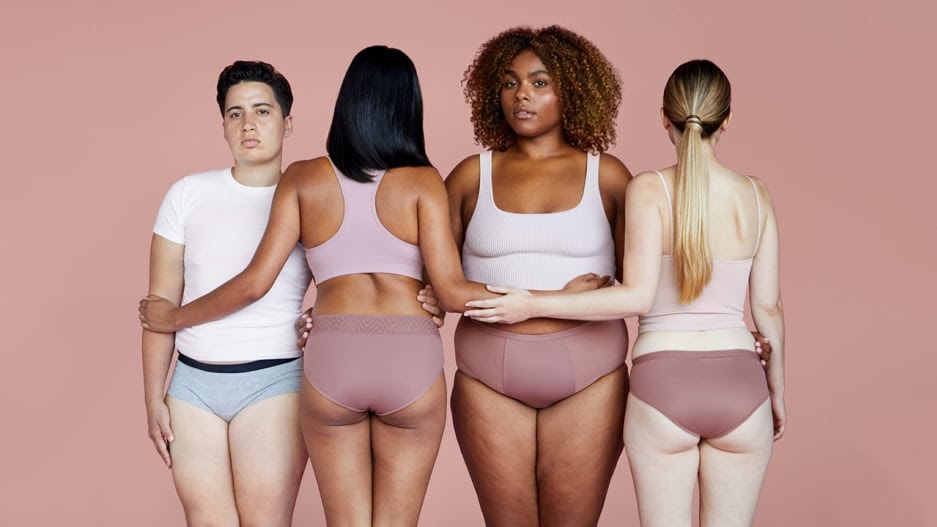

As a response to non-inclusive sizing, Thinx added their “extended sizing” line with insights from their plus-size models and customers. Source: Fast Company.
The Move to Mission-Driven
The Olympics welcome a diverse mix of athletes, including refugees, women, people of different faiths, ethnicities, races, sexual orientations and abilities. Being a part of these Games—as a brand or spectator—involves more than rooting for your country and celebrating winners. It’s about solidarity. It’s a reminder of the differences that unite us.
Brands too often focus on one or two portions of their audience, neglecting those who are less represented and missing the opportunity to make a difference with their marketing. The 2020 Olympics shed an important light on the importance of empathy and inclusivity in marketing campaigns. To create a personalized, holistic customer experience, brands should strive to make sure all audiences are represented in marketing messages.
To learn more about audience segmentation and delivering the right message to all of your customers, request an Iterable demo.





























